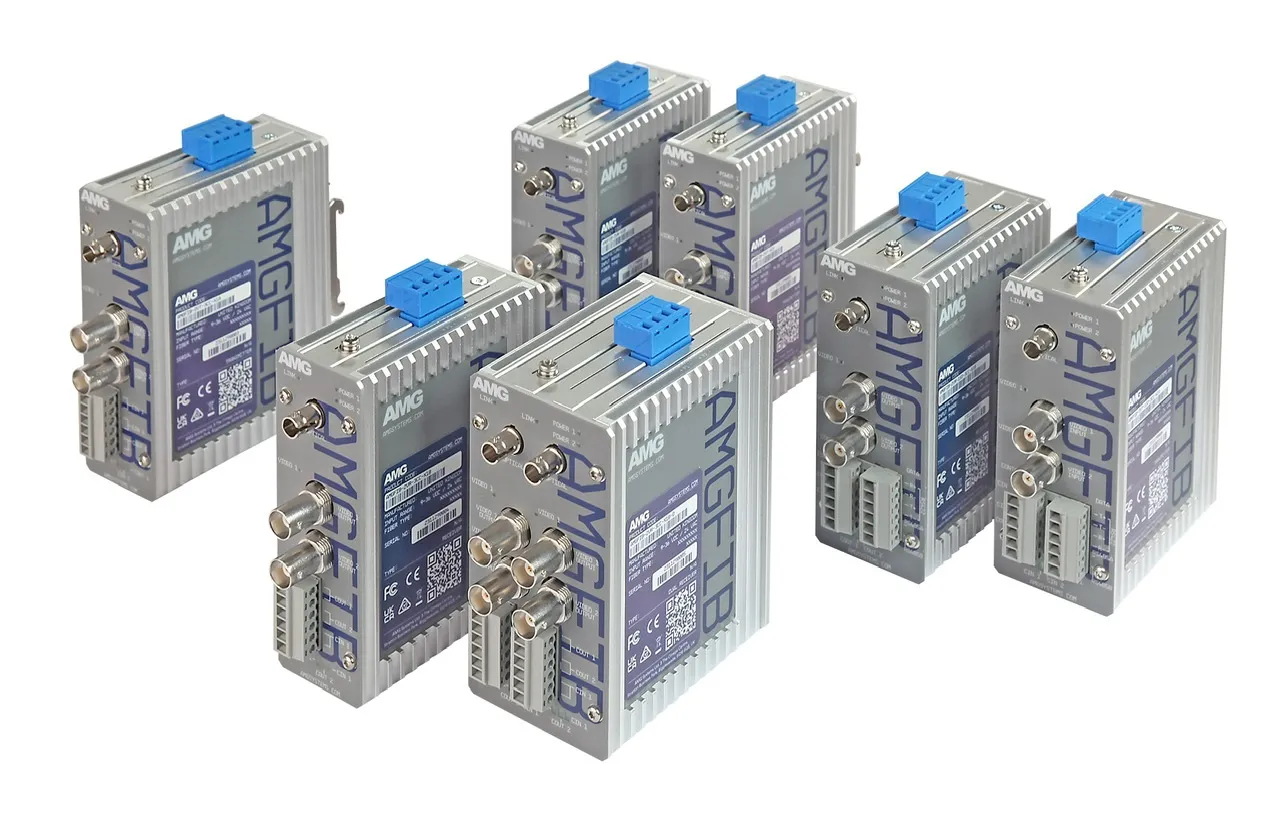Drive Energi is expected to consist of 2,500 charging locations by 2025, with at least 100 sites live by the end of January 2020. The network will be a mix of public and private charging solutions.
Kevin Pugh, Tritium’s business development manager for UK and Ireland, says: “With the average daily commute in the UK in the vicinity of 20 miles, a single 20-minute charge will add about three days of range to an EV.”
“The sheer scope of the proposed Drive Energi network means that people will easily be able to find a charger, no matter where they are and no matter when they need it,” he adds.
As part of the deal, Tritium will supply 24/7 support for the network, including on-site support. Each charger features a modem which is constantly transmitting data to Tritium’s team of support engineers, who can be contacted by phone.
Tritium supplies EV chargers to Drive Energi
Tritium has signed a deal with Box Energi to be the sole supplier for Drive Energi, a nationwide electric vehicle (EV) charging network in the UK.
Drive Energi is expected to consist of 2,500 charging locations by 2025, with at least 100 sites live by the end of January 2020. The network will be a mix of public and private charging solutions.
Kevin Pugh, Tritium’s business development manager for UK and Ireland, says: “With the average daily commute in the UK in the vicinity of 20 miles, a single 20
July 31, 2019
Read time: 2 mins










